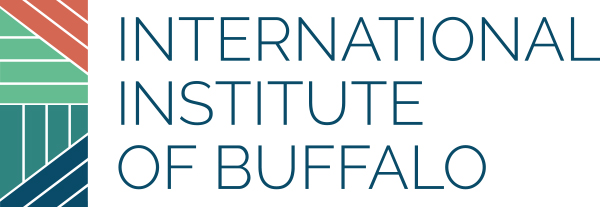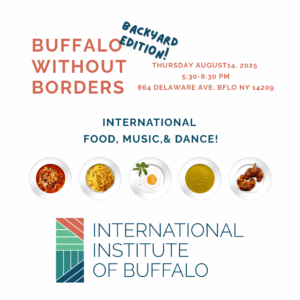In response to growing concerns about the spread of Coronavirus / COVID-19 both in the United States and around the world, here are answers to some commonly asked questions pertaining to the virus and the refugee and migrant community.
Question: What if any refugee departure changes are in place at the federal level in response to the growing spread of COVID-19?
Answer: Departures are continuing from Asia. Departures are continuing from Asia, though not directly from China. The normal pre-departure screenings remain in place. Remember, refugees go through multiple screenings before they arrive to the United States. If there are symptoms of a communicable disease, they would be held back.
Additional Resources:
o CDC’s Explainer: Refugee Health Guidelines | Immigrant and Refugee Health
Question: Do Refugees and migrants pose an increased risk for spreading COVID-19?
Answer: Research by the World Health Organization shows that “refugees and migrants do not pose an increased threat for further spread of respiratory infections,” including from viruses. Any person traveling for any purpose can inadvertently spread viruses across borders — and the key is to ensure that all individuals and groups are supported to follow the guidance of health experts. There have been no reports of COVID-19 outbreaks in refugee camps, nor along the US southern border where many asylum seekers are awaiting hearings. Fear and misinformation represent two of the most significant threats to the containment and prevention of COVID-19.
Question: Should the US government suspend its admission of refugees in order to prevent the spread of COVID-19?
Answer: No, the US should maintain its dedication to resettling refugees and welcoming asylum seekers. There is no indication that refugees or asylum seekers pose a greater risk of infection.
Question: How do we ensure that those being brought to the US do not have and spread COVID-19?
Answer: The best way to prevent the spread of COVID-19 is to follow the guidance of the World Health Organization and the CDC. Refugees go through substantive health screens before they are approved for resettlement. Further, the CDC has the infrastructure and protocol in place for screenings of any high-risk travelers.
Question: Isn’t it true that many refugees live in situations where COVID-19 could spread more quickly (e.g., crowded, limited access to water, sanitation, and hygiene services)? How do we address these risks?
Answer: The best way to prevent the spread of COVID-19 is to follow the guidance of the World Health Organization and the CDC. This means increasing the provision of water, sanitation, and hygiene services to refugees. Everyone should be able to report symptoms and get treatment and support.
Question: I live/work in proximity of resettled refugees – am I at greater risk of contracting COVID-19?
Answer: No, living and working near resettled refugees does not put any person at greater risk of contracting COVID-19. Suggesting that migrants, refugees, and asylum seekers bring or spread diseases is a long-standing xenophobic trope that has been continually proven to be factually inaccurate. Dr. Paul Spiegel, head of Johns Hopkins’ Center for Humanitarian Health, in response to such tropes stated definitively: “That is a false argument that is used to keep migrants out.”
Links to additional resources on COVID-19
· World Health Organization – Coronavirus disease outbreak
· Wash Your Hands poster (translated into 11 languages with visuals on proper handwashing)
· Washington State Department of Health Fact Sheet in multiple languages (Amharic, Arabic, Russian Somali, Thai, Vietnamese, Khmer, Spanish, French, Chinese, Urdu)
· Ontario Ministry of Health Fact Sheet in multiple languages (Amharic, Arabic, Russian Somali, Thai, Vietnamese, Khmer, Spanish, French, Chinese, Urdu)

